The Clear Skin Diet

Of all the skin problems, acne is the most common. Acne is characterised by the presence of blackheads, whiteheads (pustules), red papules (small red, bumpy pimples), nodules and / or cysts. And the problem can get worse because of:
- hormones
- keratinisation - the hardening of the protein keratin in the outer layers of the skin.
- sebum - the waxy oil our skin produces for lubrication and protection.
- bacteria - Propionibacterium acnes is the main causative bacteria, altering sebum production and promoting inflammation.
So, what the flip do we do about it? Well, my friend, as the saying goes, "beauty begins from within"; the key may very well lay in the foods you're nourishing that banging body of yours with...
Here are my top tips for the ultimate Clear Skin Diet:
G E T L O W.
Adopting a Low GI diet helps to regulate insulin levels and prevent inflammation; helping to prevent and treat acne. What does a Low GI diet look like exactly? Think lots of fresh fruit and vegetables, legumes, whole grains, fish, chicken, eggs, yoghurt, nuts and seeds, and fermented foods. Cut down on (or totally avoid if you can!) the refined sugars in your diet, and keep your eyes peeled for sneaky hidden sugars on ingredients labels - anything ending in the word '-ose' is a type of sugar, remember.
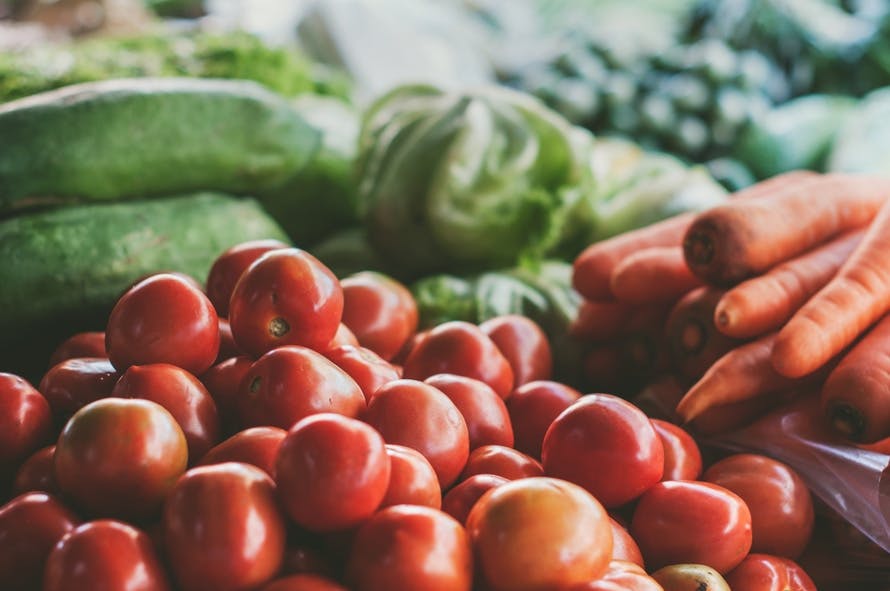
G O O D F A T.
By now you should know that fat ain't always the enemy. If it's a good fat, it's all g. Fatty acid Omega 3 is especially good (heck, it's actually great). Found in oily fish, like salmon, trout, mackerel and sardines, and also in fish oil supplements, Omega 3 works as an anti-inflammatory and prevents inflammation. It's also highly moisturising, preventing dryness and damage, and helping to keep skin cells plump and nourished. So it's no surprise that Omega 3s are totes vital for skin health. Walnuts and chia, hemp and flax seeds (and their oils) are also rich in omega 3, and provide great alternatives for those preferring plant-based options.
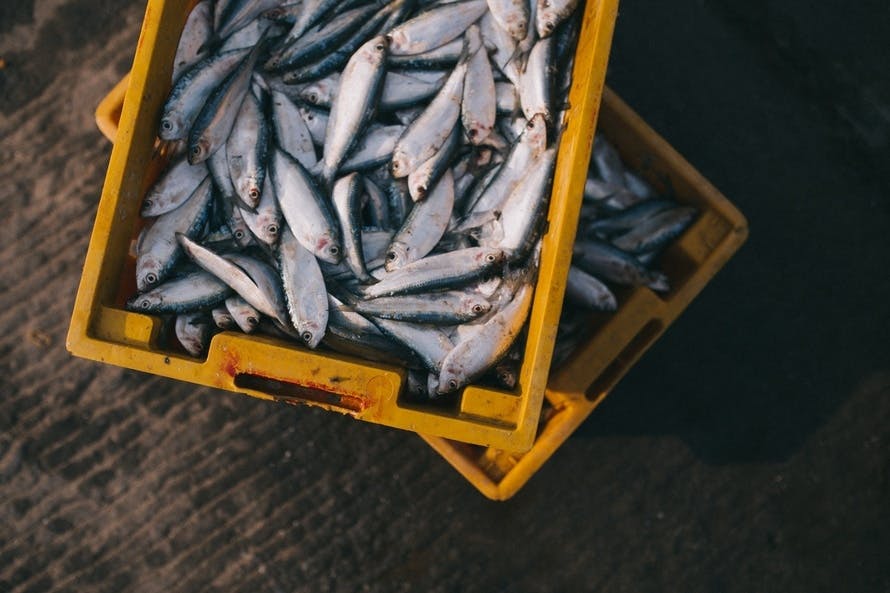
Z I N C.
Zinc is a nutrient forever popping up when discussing treating acne; and, frankly, it's no surprise. It reduces sebum over-production, balances hormones, and has been shown to be as effective for acne treatment as antibiotics! Zinc also prevents inflammation, but also scarring - great news for acne sufferers. Great dietary sources of zinc include grass-fed meats, seafood, chicken, eggs, pepitas and sunflower seeds, nuts, cacao and tahini. Extra hot hint? Soak your nuts to increase the bioavailability (and therefore your absorption) of their zinc content.
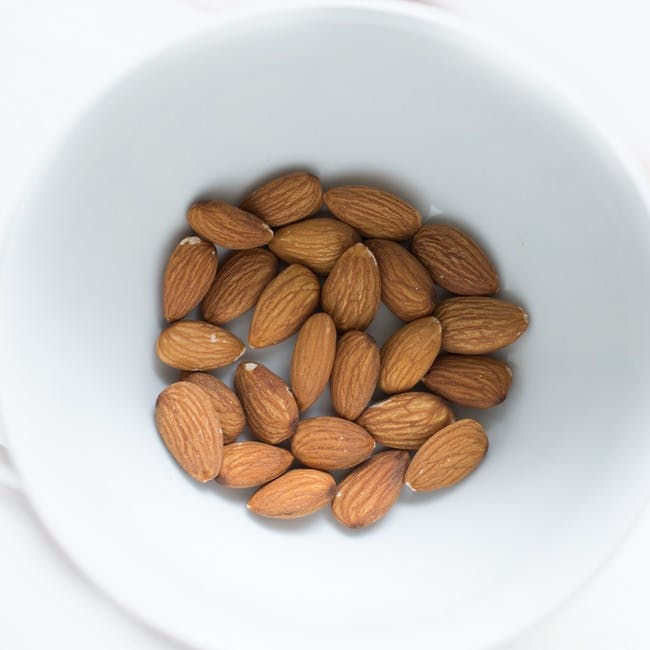
H 2 O.
Poor old water. It only makes up about 70% of our bodies, and we'd only survive about 3 days without it, but it always seems to be totally underestimated when it comes to our first port-of-call for health. If you aren't drinking at least 2 litres per day of pure, filtered water, wot r u doin, srsly? H2O helps to keep skin soft and smooth, helps to flush out toxins from the body, and delivers all-important nutrients to our skin cells. Struggle to get your water down throughout the day? Try adding some fresh lemon juice for not only flavour, but the added bonus of boosted digestive health (and just watch that skin glow when you're tummy's in working order) ;)
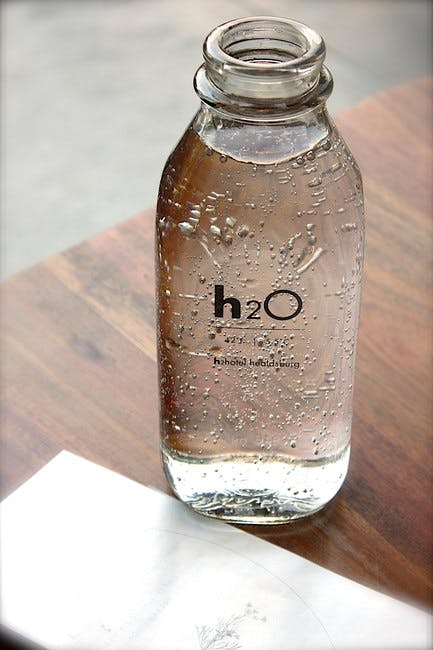
V I T A M I N S.
Vitamin C is super helpful in preventing bacterial infection (p acnes, we're looking at you!) and in preventing inflammation. It also helps to regenerate collagen, keeping skin tight and wrinkle-free. Good dietary sources of Vitamin C are citrus fruits, kiwis, papaya, guava, strawberries, chilli, capsicum, broccoli, kale and parsley.
When it comes to addressing acne, Vitamin A is responsible for decreasing androgens and decreasing sebaceous gland activity. This vitamin also helps to control accumulation of keratin, preventing drying or sagging of the skin. Liver, grass-fed cow's butter, and cod liver oil are all great sources of Vitamin A. Sweet potato, pumpkin and mango are fantastic sources of beta-carotene - the antioxidant known for the orange colouring it lends to fruit and veg, and a precursor to Vitamin A.
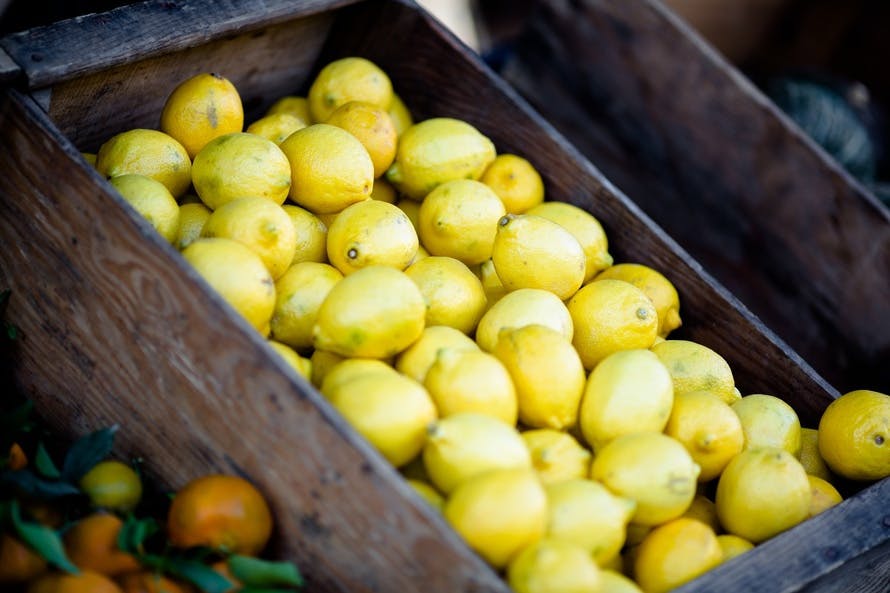
A N T I O X I D A N T S.
When you think Antioxidants, think overall healing; these babies offer support for the healthy functioning of your entire body. Antioxidants help to slow premature ageing, neutralise free radicals in the body and therefore prevent cell damage, combat the damage caused by stress/smoking/drinking too much alcohol/the sun/pollution/a poor diet, and reduce the risk of developing cancers (including skin cancers). Foods rich in antioxidants include grapes, berries, raw cacao, broccoli, spinach, kale, pumpkin and green tea.
Vitamins A and C, beta-carotene, and Zinc above are all wonderful antioxidant vitamins and minerals; and as is Vitamin E. Found in avocado, sunflower seeds, walnuts, almonds and silverbeet, Vitamin E helps to protect the skin from damage (including sun damage), and keeps skin looking young and supple.
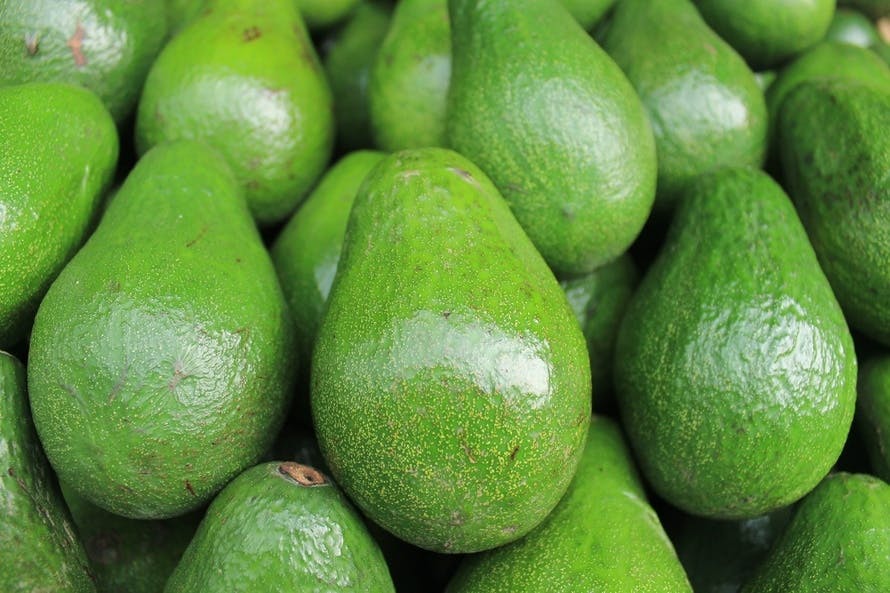
I M M U N E B O O S T E R S.
When our immune system is in tip-top shape, we're more easily able to fend off infection - including acne-causing bacterial infections. Garlic, ginger, turmeric, reishi and shiitake mushrooms, and fermented foods are all Immune Boosting foods.
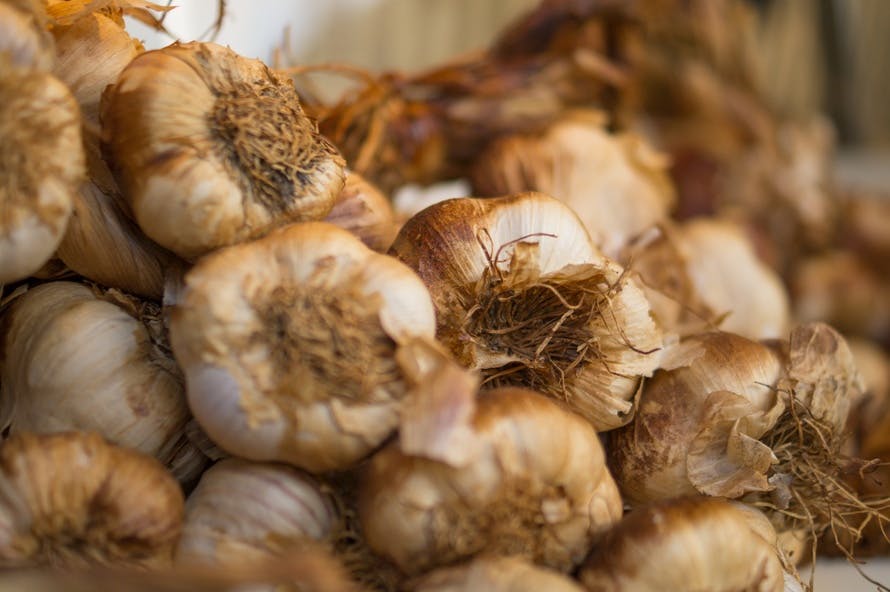
E N Z Y M E S.
You may have heard of using Enzymes to help boost digestion, but they also help enhance cleansing in the body, assist in rebuilding cells (including skin cells), and help boost the absorption of nutrients and vitamins important for skin and overall health. Pineapple, papaya, kimchi and sauerkraut are all enzyme-rich foods.
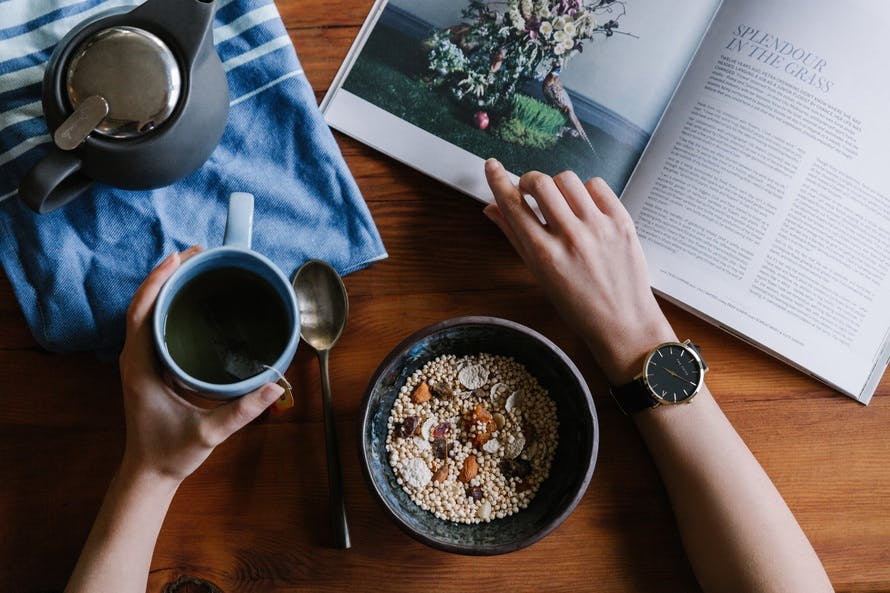
Including more of the above - and far less (ideally 0) of the acne-triggering foods like gluten, dairy and unrefined sugars - in your diet could be just the thing your skin is crying out for.
You can read more about natural acne remedies and our clear skin advice here and here!
References: Wellbeing Magazine, Metagenics.

Comments
0 Comments